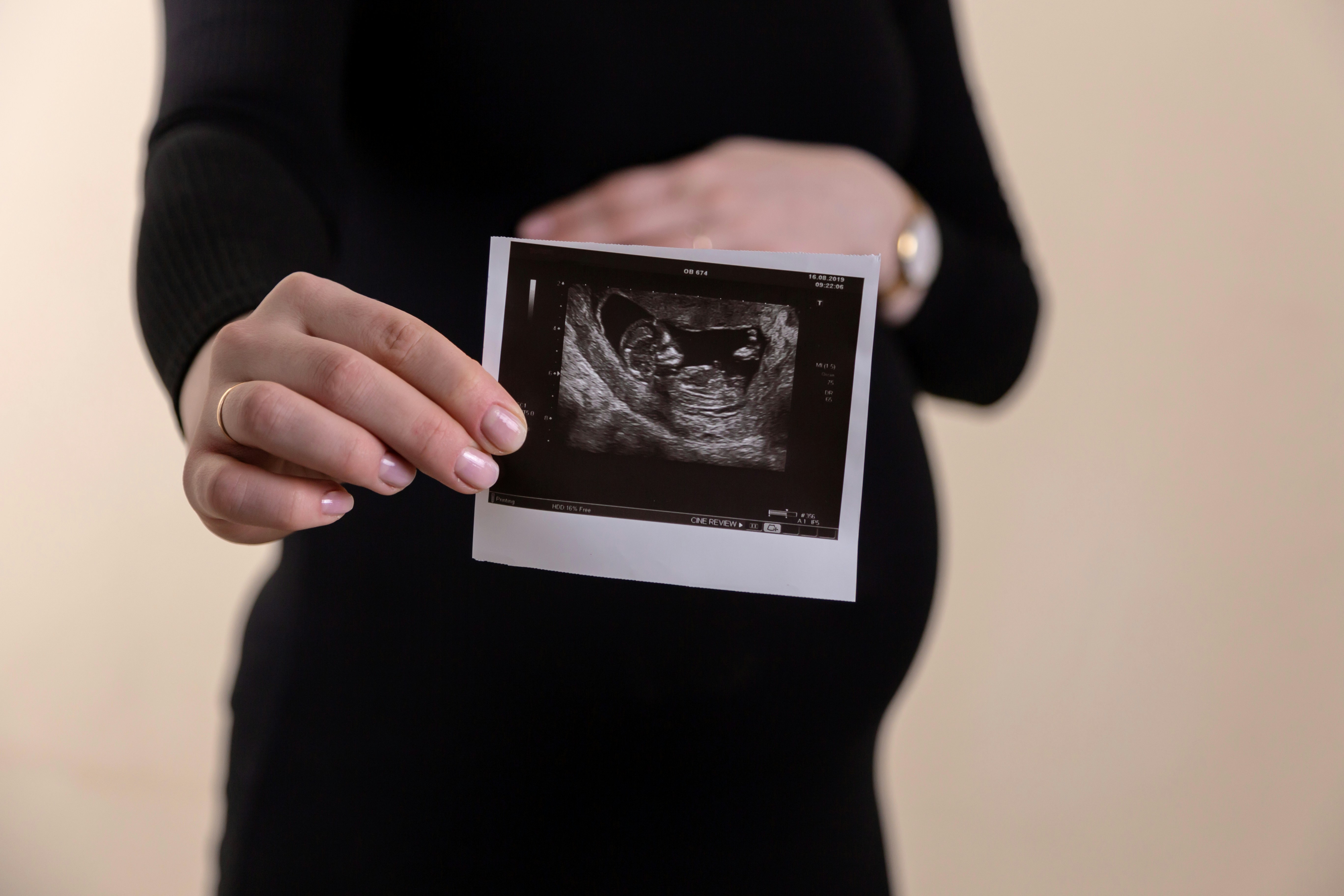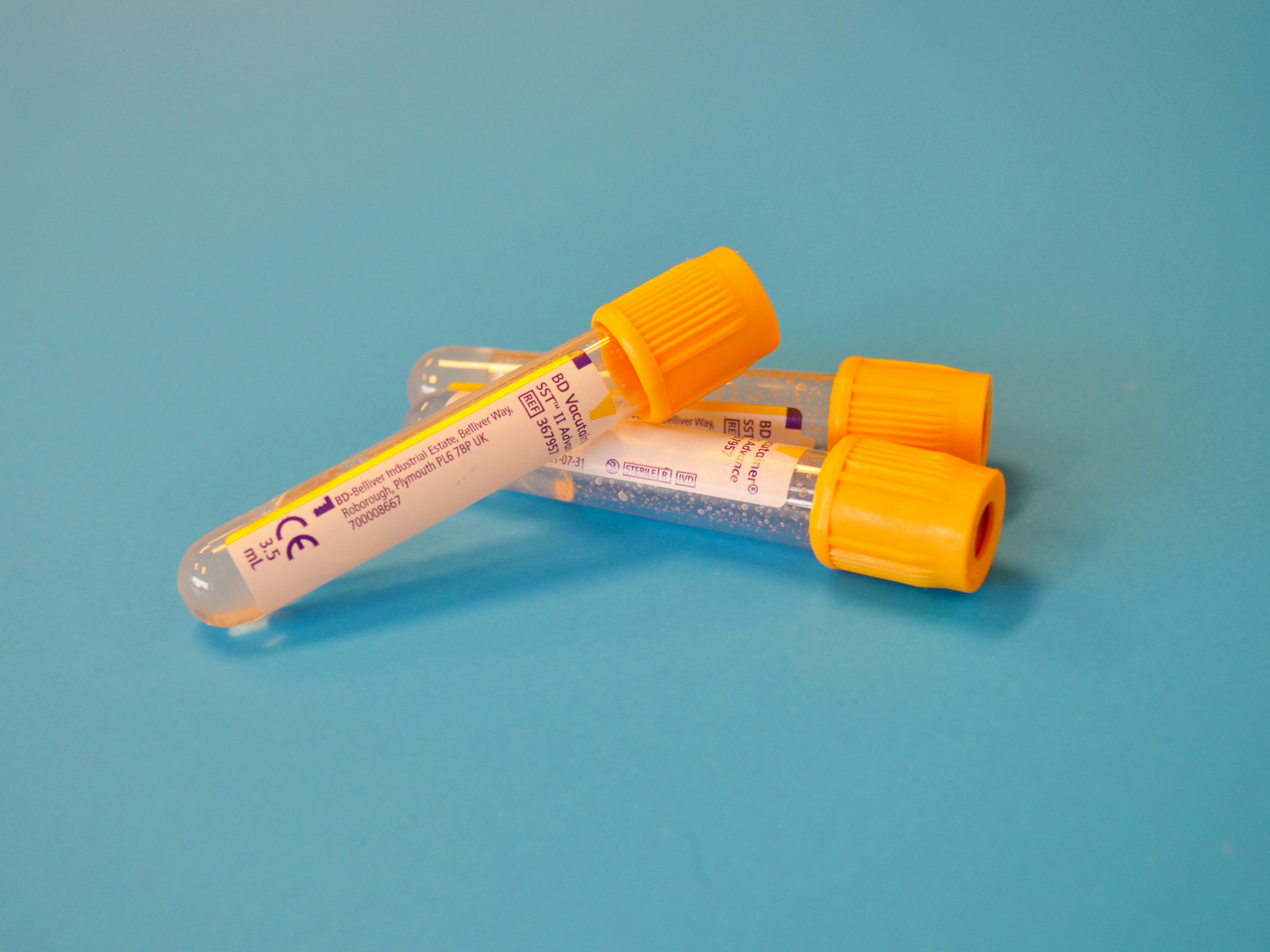One in six Canadian couples experience fertility challenges. With the average age of childbirth increasing and environmental factors affecting reproductive health, more couples are looking for natural ways to boost fertility before or alongside medical interventions.
If you’ve been trying to conceive, you may be asking: How can I improve fertility naturally? What supplements or foods help? While fertility is complex, research shows that targeted diet, lifestyle, and supplement changes can support reproductive health for both women and men.
Fertility in Canada: Key Facts
- 1 in 6 couples experience infertility.
- The average age of childbirth in Canada was 31.6 years in 2022.
- Male factors contribute to ~50% of fertility challenges.
- Sperm counts have declined in many Western countries over the last 40 years.
- Environmental exposures such as plastics, pesticides, and air pollution can impact fertility.
Fertility gradually declines for women after age 27 and more steeply after 35. For men, fertility potential decreases more noticeably after age 40.
The 90-Day Preconception Window
Did you know it takes about 90 days for eggs to mature and 74 days for sperm to develop? This means your diet and lifestyle choices today directly affect your fertility potential 2–3 months from now.
Focusing on preconception health can lead to:
- Higher chances of conception
- Lower miscarriage risk
- Healthier pregnancies
- Better outcomes for children
Natural Fertility Boosters for Women
Best Fertility Supplements for Women
- Folic Acid or Methylfolate: Public health guidelines recommend 400 mcg folic acid daily starting at least 1–3 months before conception. Methylfolate (5-MTHF) may be used if folic acid isn’t well tolerated.
- Coenzyme Q10 (CoQ10): Supports egg quality and mitochondrial health, especially for women over 35. Suggested dose: 200–600 mg ubiquinol daily.
- Omega-3 Fatty Acids: Help regulate hormones and reduce inflammation. Aim for 2–3 g daily from fish oil or algae-based supplements.
- Vitamin D: Commonly low in Canadian women. Levels of ≥50 nmol/L are considered sufficient, though some fertility experts aim for 75–100 nmol/L.
Lifestyle Changes That Improve Fertility
- Healthy BMI: Being underweight or overweight can disrupt ovulation. The optimal range for fertility is often 20–24 BMI.
- Exercise Balance: Moderate activity (30–60 min most days) supports fertility. Avoid excessive, high-intensity workouts.
- Stress Management: Chronic stress disrupts hormones and ovulation. Helpful practices include:
- Mindfulness or meditation
- Yoga (supports quality of life during fertility treatment)
- Acupuncture (mixed evidence for fertility outcomes, but may reduce stress)
- Massage and relaxation therapies
How Men Can Improve Sperm Health Naturally
Best Fertility Supplements for Men
Sperm are highly sensitive to oxidative stress. These nutrients may help improve quality:
- Zinc (15–30 mg) – essential for sperm and testosterone production
- Selenium (≤200 mcg) – protects sperm from DNA damage
- Vitamin C (500–1000 mg) – improves sperm motility and DNA integrity
- Vitamin E (≤400 IU) – protects sperm membranes
- CoQ10 (200–300 mg) – boosts sperm energy and movement
⚠️ Doses above the daily requirement should be personalized. Discuss supplements with a healthcare provider.
Lifestyle Tips for Male Fertility
- Temperature matters: Avoid hot tubs, saunas, tight underwear, and prolonged sitting.
- Exercise smart: Moderate exercise improves sperm health, but prolonged endurance training may lower testosterone and sperm count.
- Reduce toxin exposure: Limit BPA plastics, pesticides, and harsh chemicals. Use glass containers, filtered water, and natural personal care products.
Environmental & Lifestyle Fertility Factors for Both Partners
- Reduce Endocrine Disruptors (EDCs): Use stainless steel or glass food storage, buy organic produce (especially the Dirty Dozen), and avoid non-stick cookware.
- Prioritize Sleep: Aim for 7–9 hours nightly. Poor sleep disrupts hormone balance and lowers fertility in both men and women.
- Nutrition Matters: A balanced diet with whole foods, lean protein, colorful vegetables, fiber, and healthy fats is linked to better reproductive outcomes.
Timing and Tracking Ovulation
To maximize your chances of conceiving:
- Use tools like ovulation predictor kits, basal body temperature, and cervical mucus tracking.
- Have intercourse every other day (or daily) from 3–4 days before ovulation through 1–2 days after.
- Avoid long gaps in abstinence, which can reduce sperm quality.
When to See a Fertility Specialist
- If you’re under 35: see a doctor after 12 months of trying.
- If you’re 35 or older: seek help after 6 months.
- Sooner if you have irregular cycles, known reproductive conditions, or male factor concerns.
FAQs About Natural Fertility Boosting
What vitamins help you get pregnant faster?
Folic acid, CoQ10, omega-3s, and vitamin D are the most researched fertility-supporting nutrients.
How long before trying to conceive should I start supplements?
At least 3 months before trying, since eggs and sperm take 2–3 months to develop.
Can stress really affect fertility?
Yes—chronic stress impacts hormone balance, ovulation, and sperm quality. Stress management can improve both health and quality of life.
What foods improve fertility naturally?
Leafy greens, berries, legumes, whole grains, fatty fish, nuts, and seeds are linked to better reproductive outcomes.
Final Thoughts
Improving fertility naturally is possible through diet, lifestyle, supplements, and environmental changes. For best results, begin these steps at least 3 months before trying to conceive—and combine them with medical support when needed.
Are you hoping to get pregnant in the next year and looking for some guidance? Let's chat! Book a free meet and greet appointment online to learn about how a naturopathic doctor can support you during your fertility preperation and pregnancy.
Book HERE










